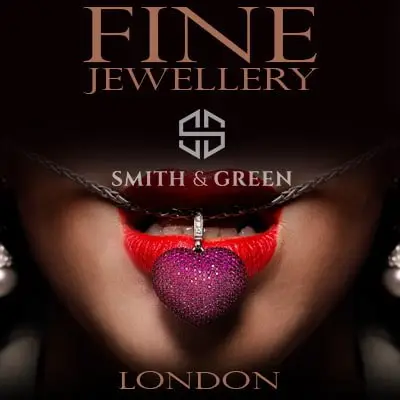In the United Kingdom. According to Public Health England (PHE) and the British Retail Consortium, 25% of the country’s population will be vegan or vegetarian by 2026; sales of vegan groceries, such as milk and meat replacements, grew by 27 per cent from 2020 to 2021.
One reason is health concerns; another is eco-consciousness. According to the Vegan Society, the diet will reduce your carbon footprint by up to 50%. Vegan restaurants in London such as Gauthier Soho, Neat Burger, and Clean Kitchen Club are exclusively vegan, and the list is growing.
Vegan Wine Philosophy
You may be asking how wines fit into a worldview that rejects eating meat, dairy, and eggs and seeks to eliminate animal abuse. It’s nothing more than fermented grape juice. Isn’t that vegan at the end of the day? Not always is the correct answer!
Here’s the Truth About Winemaking
Traditional animal-derived “fining” agents such as egg whites, gelatin, or casein (derived from milk) are still used by certain winemakers to clarify the liquid, decrease bitterness, or bind and remove excess tannins in red wines, leaving behind softer ones. The agents are removed before bottling the wine; however, their usage is still not accepted for vegans for consumption.
Clay, like bentonite, is becoming increasingly popular as an animal-free alternative. There’s no requirement for EU or US labels to mention ingredients or winemaking procedures, so it’s hard to tell which wines use what. A bottle of wine doesn’t necessarily have to be vegan because it’s organic, biodynamic, natural, or kosher.
One piece of advice: If the front or back label says the wine is unfined, it’s vegan-friendly—if you define vegan as simply not introducing animal products into the wine itself.
Thankfully, major retailers in the UK, like Purewine, trade these vegan wines online. Purewine import natural wines from renounced Domaines worldwide and deliver them to clients door.
Increased consumer interest has prompted wineries to certify their wines as vegan, allowing them to use an official trademark on their rear labels. According to Segnore Alziati from Italy, the top Italian winery did so “because it is crucial to so many people to verify our wines do not include any animal by-products.”


However, all this comes with a huge catch. The definition of vegan wine is vague, as the certification covers only what happens after the grapes have been harvested. V-labels are not given to bottled wines sealed with beeswax by the European Vegetarian Union. But it certifies producers that use animal manure to fertilize vines, something that those who consider themselves vegans in a broader sense object to it. The traditional biodynamic practice of burying a cow horn filled with manure is not considered vegan.
Among vegan-certified wineries, such as Gänz Bio Weingut (Germany), Querciabella (Italy), Natura Wine (Chile), Stellar Winery (South Africa), Priam Vineyards (USA), Agriloro Winery (Switzerland), Quinta do Popa (Portugal), Alta Alella Mirgin Winery (Spain)
claims to ensure that its winemakers use no animal by-products, from soil to bottle.
Vegan Wines on the Table
Some restaurants in London begin to indicate vegan-friendly wines on their menus with a symbol (such as a green leaf or sometimes just the letters V or Veg). For example, during its transition to an all-vegan menu in June, Gautier Soho in London offers only vegan wines.
Matching vegan wine and food doesn’t require a new set of rules. For example, mushroom risotto works just as well with a vegan pinot noir as with a conventional one.
Conclusion About Vegan Wines
Environmentalists, animal activists, and soil advocates that transparency within the vegan and wine industries contributes to today’s global movement. Most vegan wines are promoted and visible on the label of the wine bottles.
















